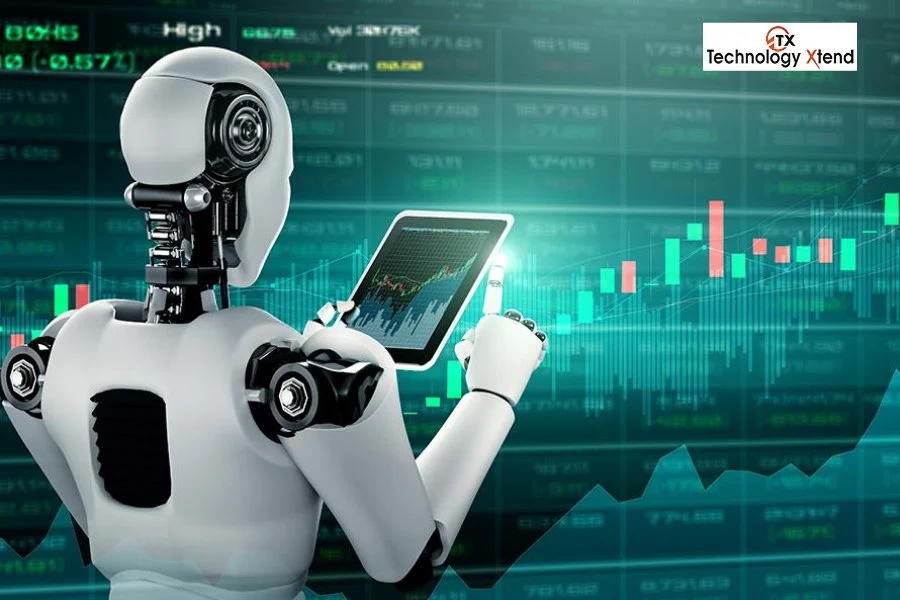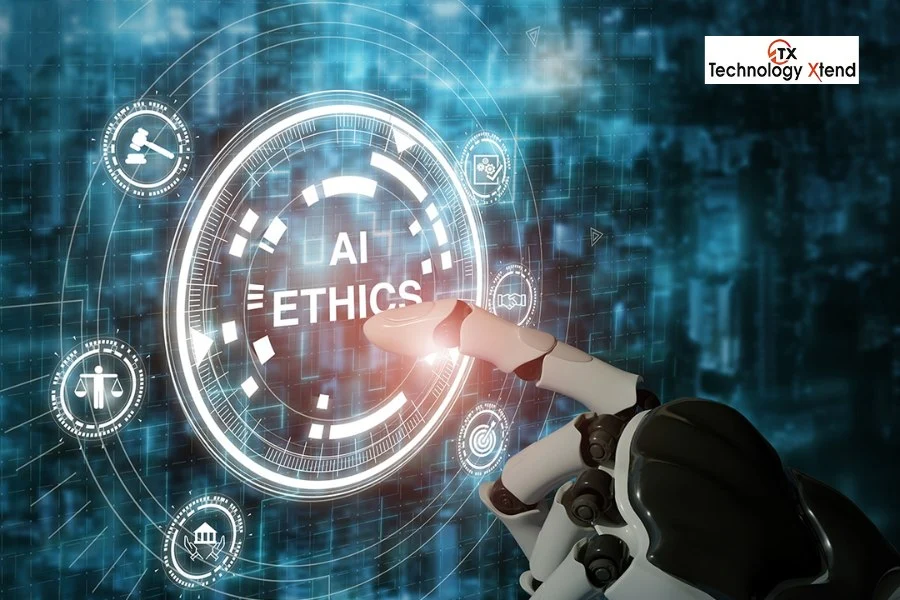
Technology Xtend6 Industries AI is Driving Transformation
The Game-Changing Technology Reshaping Our World and Creating New Business Opportunities!
Artificial Intelligence (AI) is driving transformation across diverse industries. From healthcare to finance, education to retail and e-commerce, AI is changing how businesses operate and interact with their customers. The promises that AI offers are vast and varied, from improved efficiency to enhanced customer experience, to personalized learning, and more. In this blog post, we will delve into seven ways AI is driving transformation across the industry landscape.
"Artificial intelligence is not just a sci-fi concept anymore. It's already shaping and revolutionizing industries we never thought possible. Read more on how AI is changing the game"
AI in Healthcare
The healthcare industry has seen significant advancements due to the integration of AI. AI's ability to process vast amounts of data and identify patterns has revolutionized medical diagnosis and treatment. Specific areas where AI is making a significant impact include medical imaging, drug discovery, and patient monitoring. For example, AI is assisting radiologists in identifying cancerous cells more accurately and at an earlier stage, leading to better treatment outcomes. Machine learning techniques are also making it possible to discover drugs faster, leading to more efficient drug development processes. Additionally, AI-powered wearables equipped with sensors and biometric measurement technology are making it easier to monitor patients, reducing the need for clinical visits and improving patient outcomes.

Also Read - Understanding AI, Its Applications And Challenges
AI in Finance
Finance is another industry where AI is driving significant change. AI-driven automation is helping banks and other financial institutions identify fraud more quickly and accurately. Additionally, AI is making it easier to provide personalized customer experiences by analyzing customer data and tailoring products and services to meet specific needs. AI-powered chatbots and virtual assistants are also being used to improve customer service by providing immediate responses to customer inquiries. Overall, AI is bringing greater efficiency, accuracy, and personalization to the financial industry, leading to better customer experiences and increased business growth.

AI in Education
The impact of AI on education is still in its infancy, but its potential is vast and exciting. Applications of AI in education include personalized learning, gamification, virtual learning assistants, and even intelligent content creation. By analyzing student data, AI algorithms can create personalized learning paths for students, tailoring lessons to meet their individual learning styles, strengths, and weaknesses. Additionally, gamification techniques that incorporate AI can help to make learning more engaging and enjoyable, improving student motivation and outcomes. Furthermore, virtual learning assistants can help students navigate their studies, freeing up educators' time to focus on higher-level teaching activities. Overall, AI is adding to the growing arsenal of tools and technologies to revolutionize learning, making it more effective and accessible for all.
Also Read - Expert Tips For Best SEO Strategy For Your Website
AI in Retail and E-commerce
In the retail and e-commerce industry, AI is helping to create personalized customer experiences that were not possible before. AI-powered recommendation engines can provide customers with tailored product recommendations based on their purchasing history, browsing behavior, and even social media activity. Additionally, AI-powered chatbots are being used to improve customer service and provide immediate assistance to customers with inquiries. In the supply chain, AI analytics tools are being used to optimize inventory management, reduce waste, and forecast demand more accurately, improving operational efficiency and reducing costs.
AI in Transportation
One of the most significant applications of AI in transportation is in the development of self-driving cars. Self-driving cars have the potential to revolutionize transportation and logistics, reducing accidents, improving traffic flow, and freeing up time for passengers. Additionally, AI-powered navigation systems are making it easier for drivers to find their way, improving overall efficiency and reducing fuel consumption. In logistics, AI analytics tools are being used to optimize fleet management, reducing delivery times and improving customer satisfaction.

Also Read - AI vs. Humans: The Battle for Jobs Supremacy
AI Ethics
However, the integration of AI does not come without its challenges, especially in the field of ethics. AI raises concerns about privacy, bias, and regulation. For example, AI algorithms may make decisions based on data that contains bias, leading to unfair outcomes. Additionally, the collection of vast amounts of data raises concerns about privacy and security. Finally, the lack of regulation in many AI applications means that there are few checks in place to ensure that AI is used in ways that are beneficial to society. These issues highlight the need for ethical considerations in the development and use of AI.

Conclusion
Related Articles










































